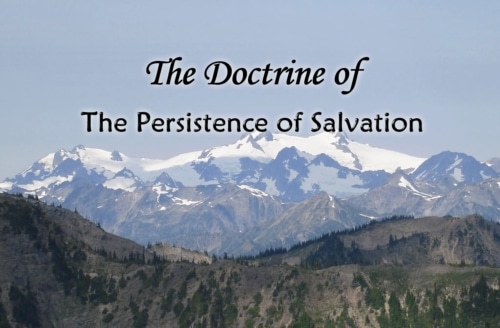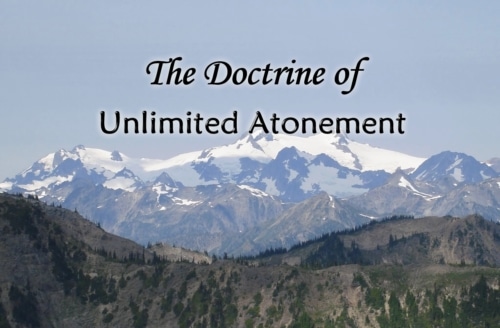Arminian Soteriology
These posts cover a variety of topics that fall under the general heading of Arminian soteriology.

God, Israel, and the Nature of Free Will
Published:
Updated:
What is the nature of free will? Is it an illusion? Are our choices made for us by outside forces? Or can we actually make real decisions?

A Summary of Arminian Soteriology
Published:
Updated:
This is the last in a series of posts on Arminianism, attempting to provide a summary of the doctrine of salvation and what it says about the nature of God.

Arminianism: The Persistence of Salvation
Published:
Updated:
Can a true believer ever lose their salvation? Persistence of salvation is debated among Arminians, but classical Arminianism does support the possibility.

Arminianism: Foreknowledge, Predestination and Election
Published:
Updated:
God's foreknowledge and his election and predestination of believers are clearly taught in the Bible. But, for an Arminian, what do these terms mean?

Arminianism: It’s All About Grace
Published:
Updated:
For the Arminian, God's grace frees the will of a depraved humanity enough to allow us to accept or reject his gift of salvation to us.

Arminianism: Sovereignty and Free Will
Published:
Updated:
This post will look at sovereignty and free will from an Arminian perspective, including how we understand the Calvinist perspective of these doctrines.

Arminianism: Atonement for All
Published:
Updated:
The atoning sacrifice of Jesus was made for the sins of the whole world. But that atonement is only effective to those who believe.

The Doctrine of Total Depravity
Published:
Updated:
Arminianism, contrary to popular belief, teaches that man is totally depraved, and unable in and of himself to come to God.

An Introduction to Arminian Soteriology
Published:
Updated:
This is a brief introduction to Arminianism, what it is and what it isn't. It will be followed with more in-depth posts on individual points.
